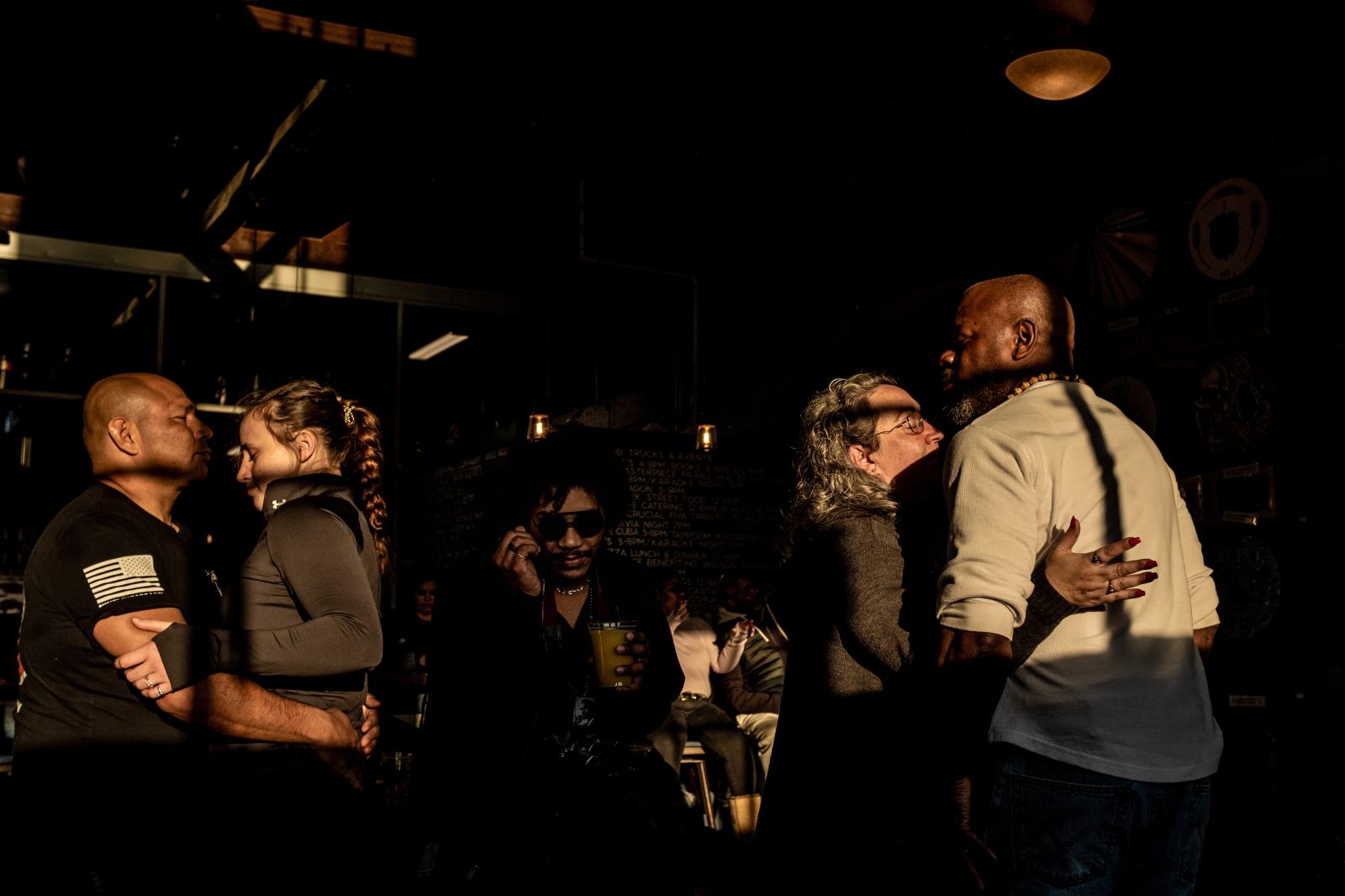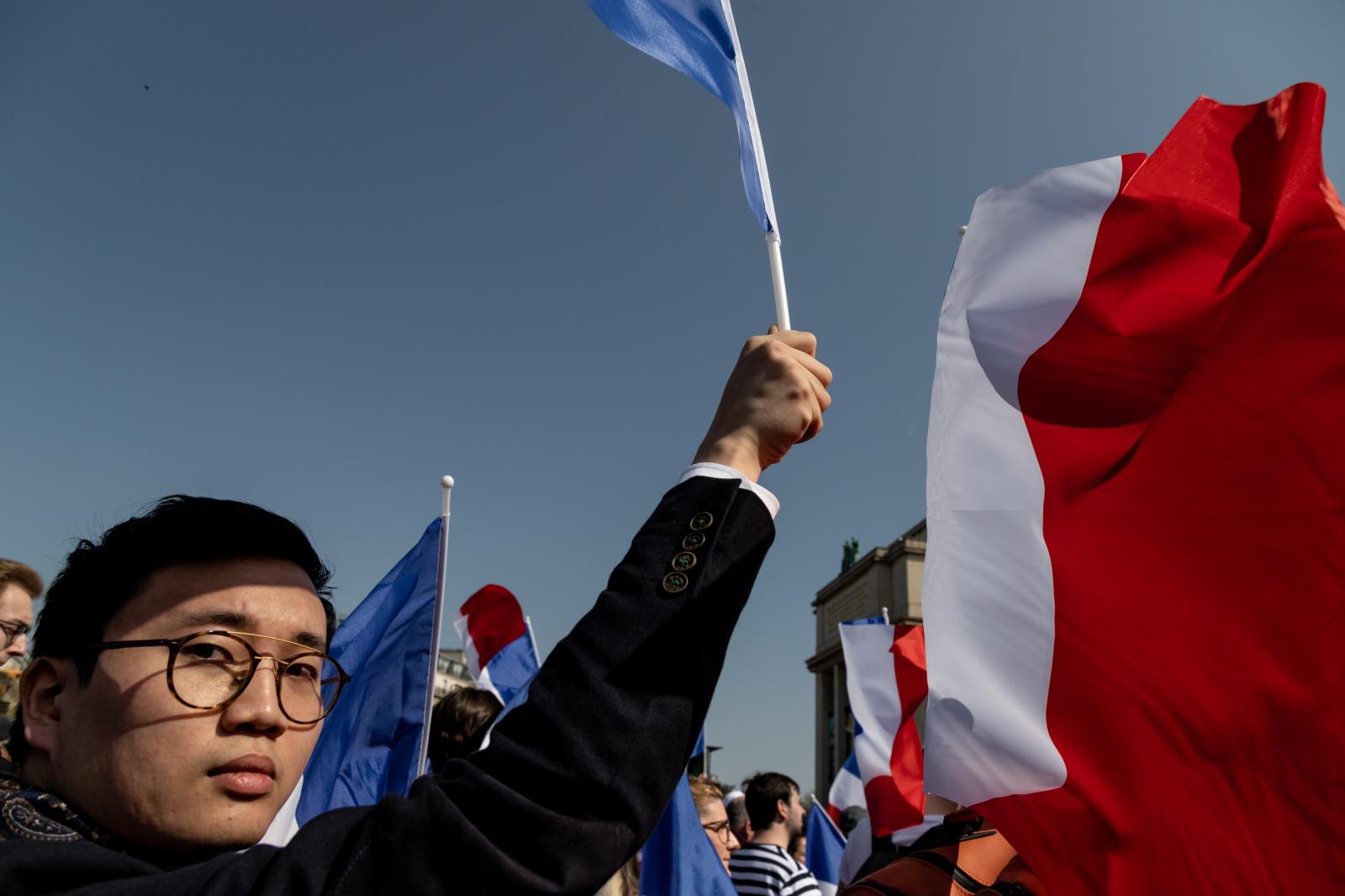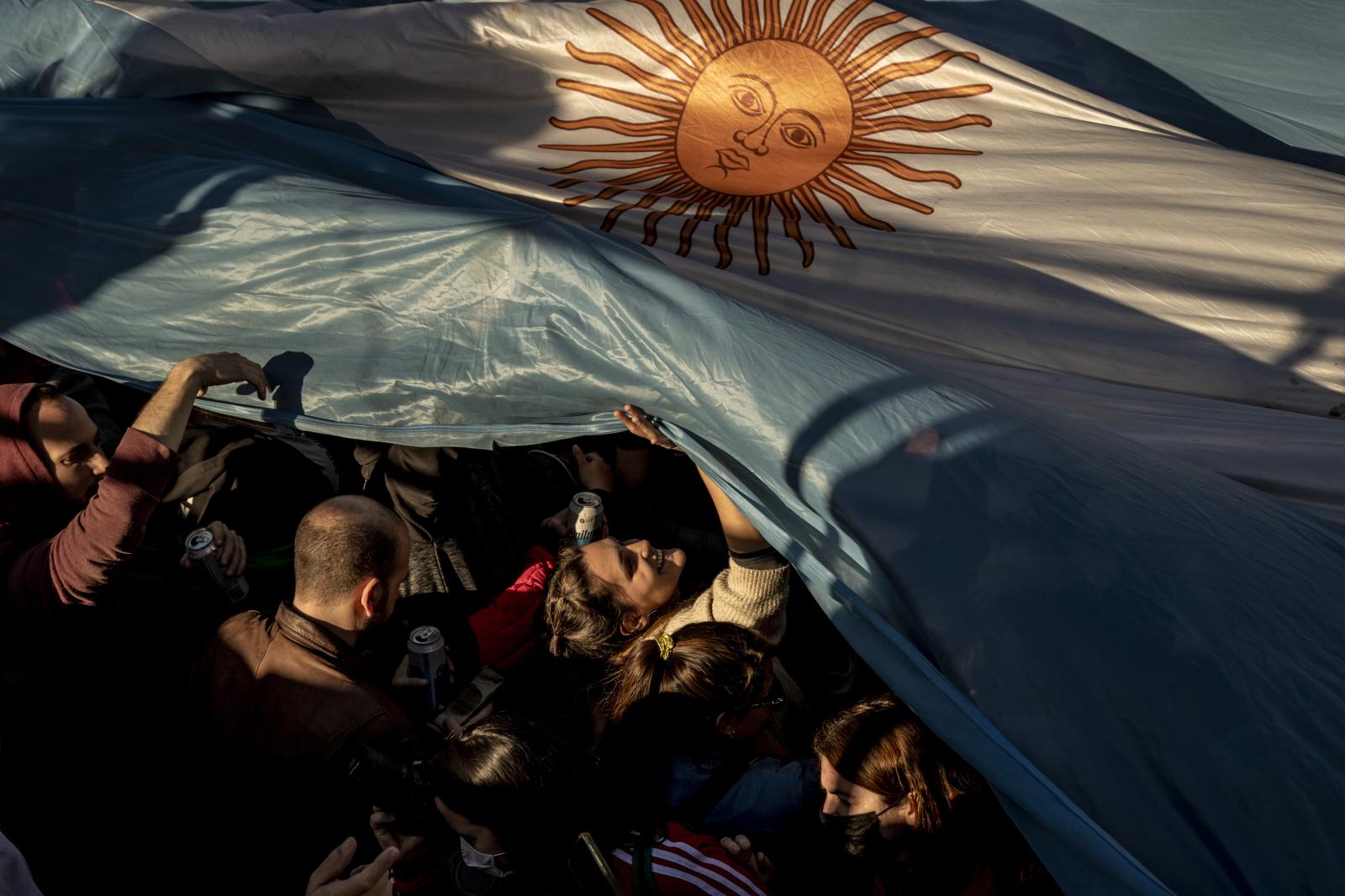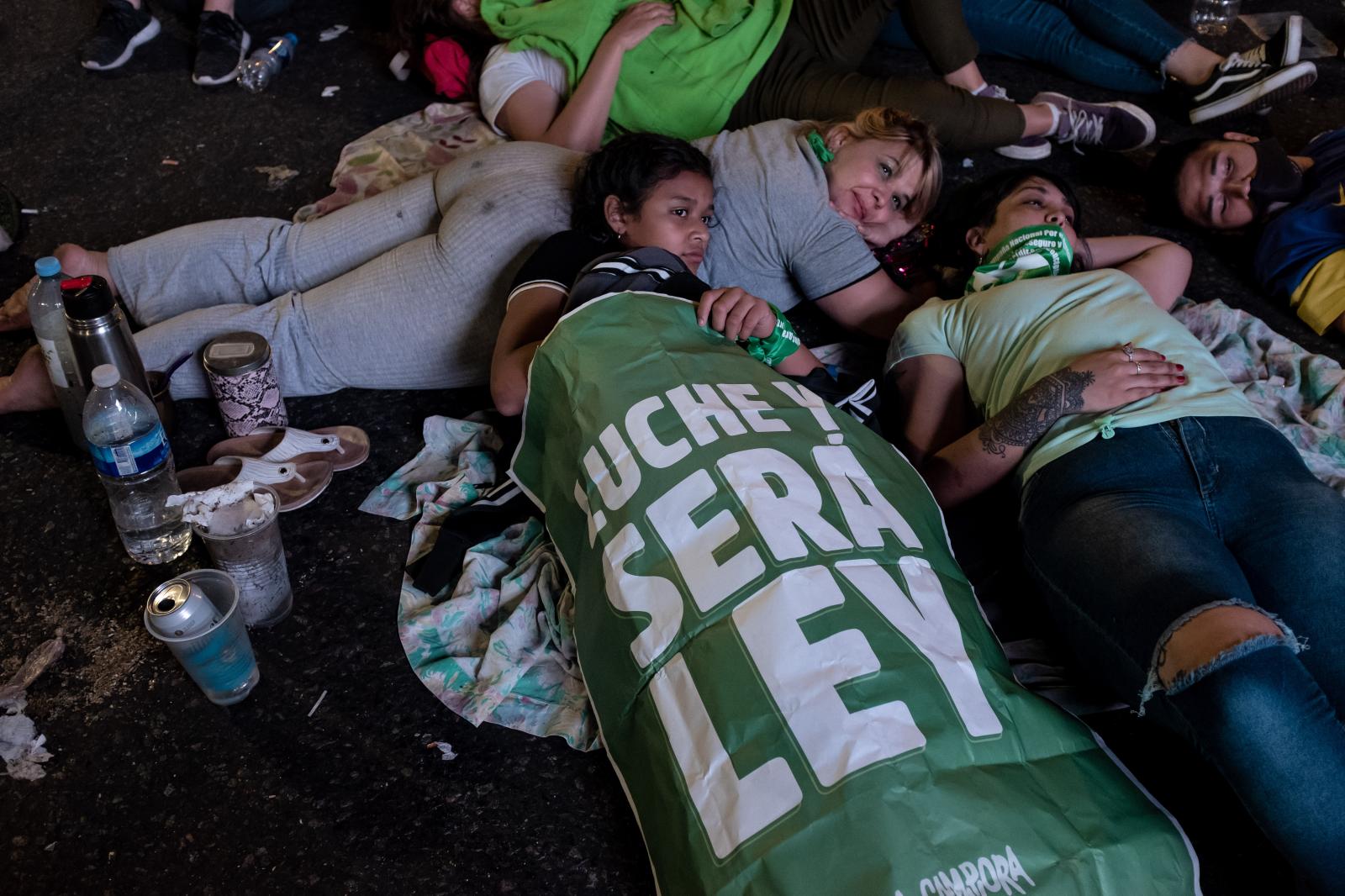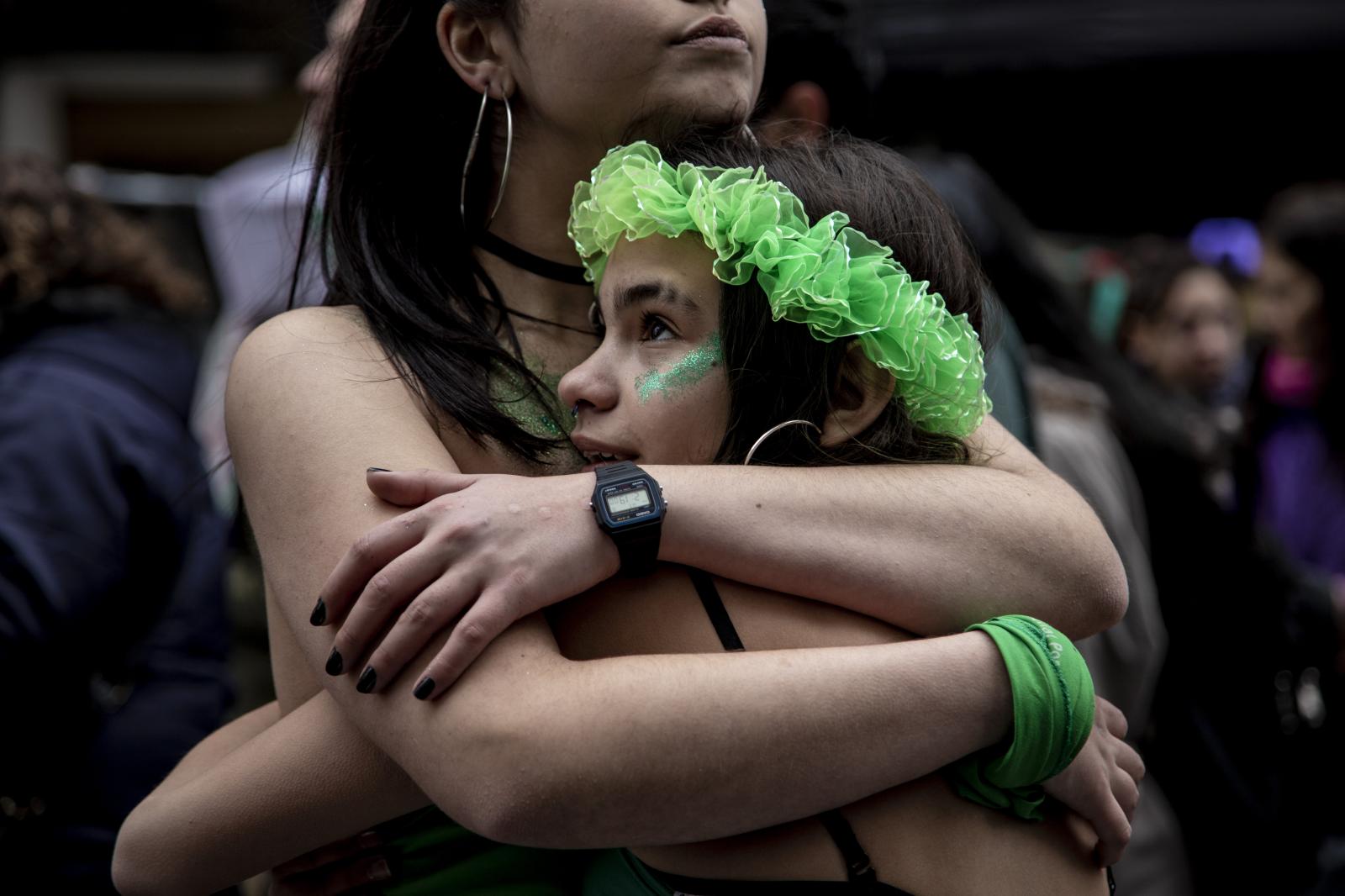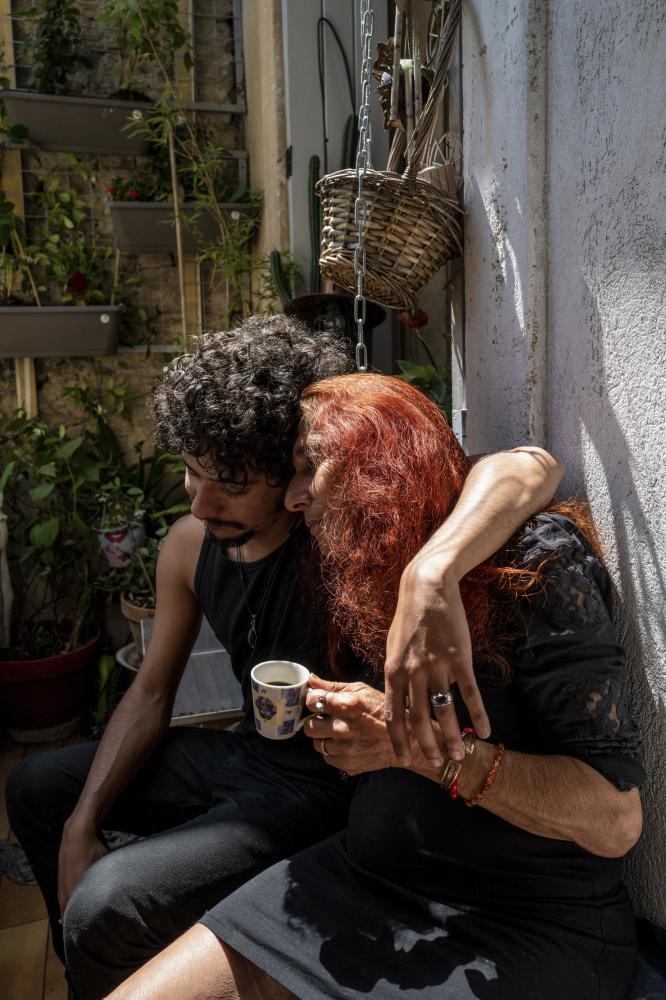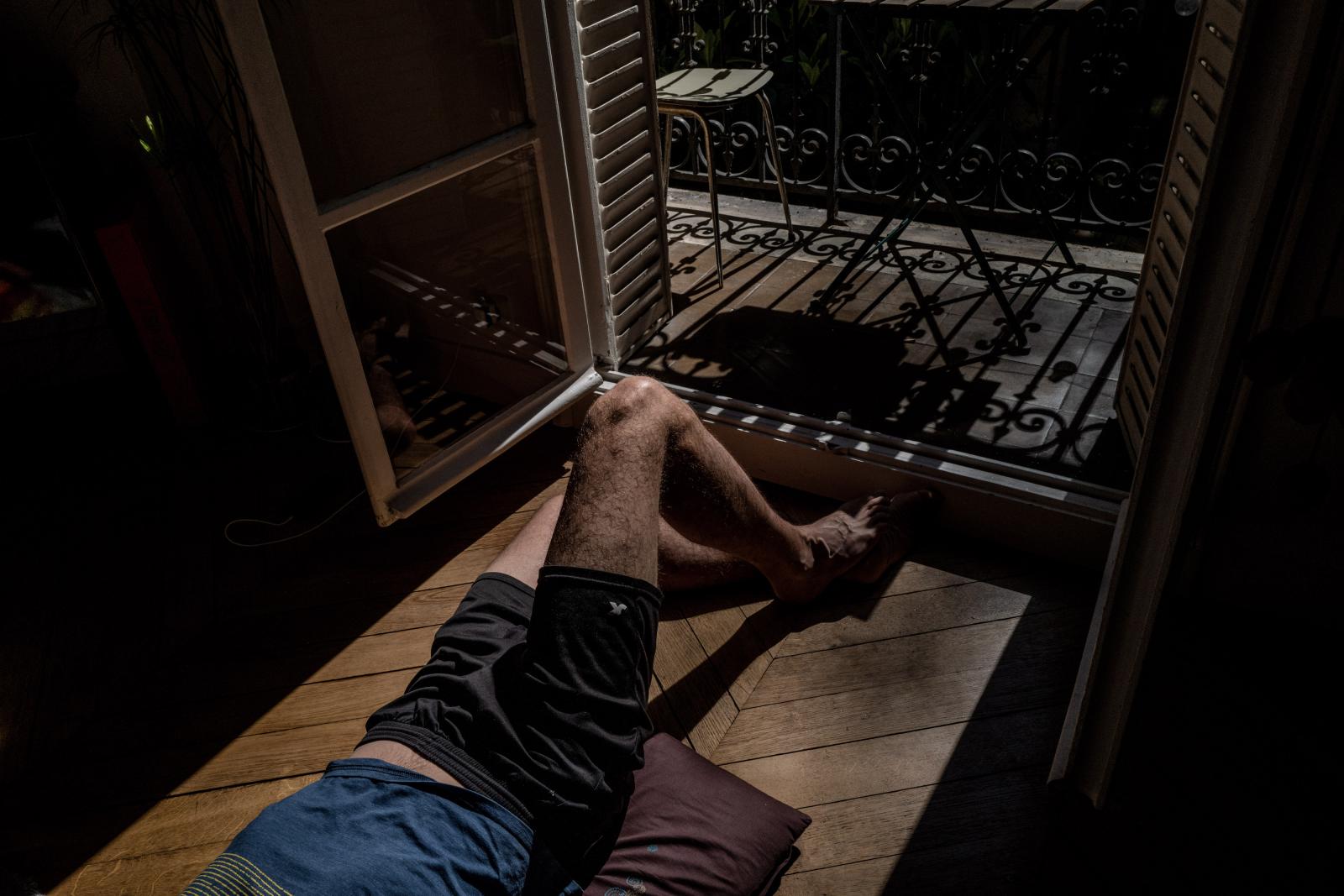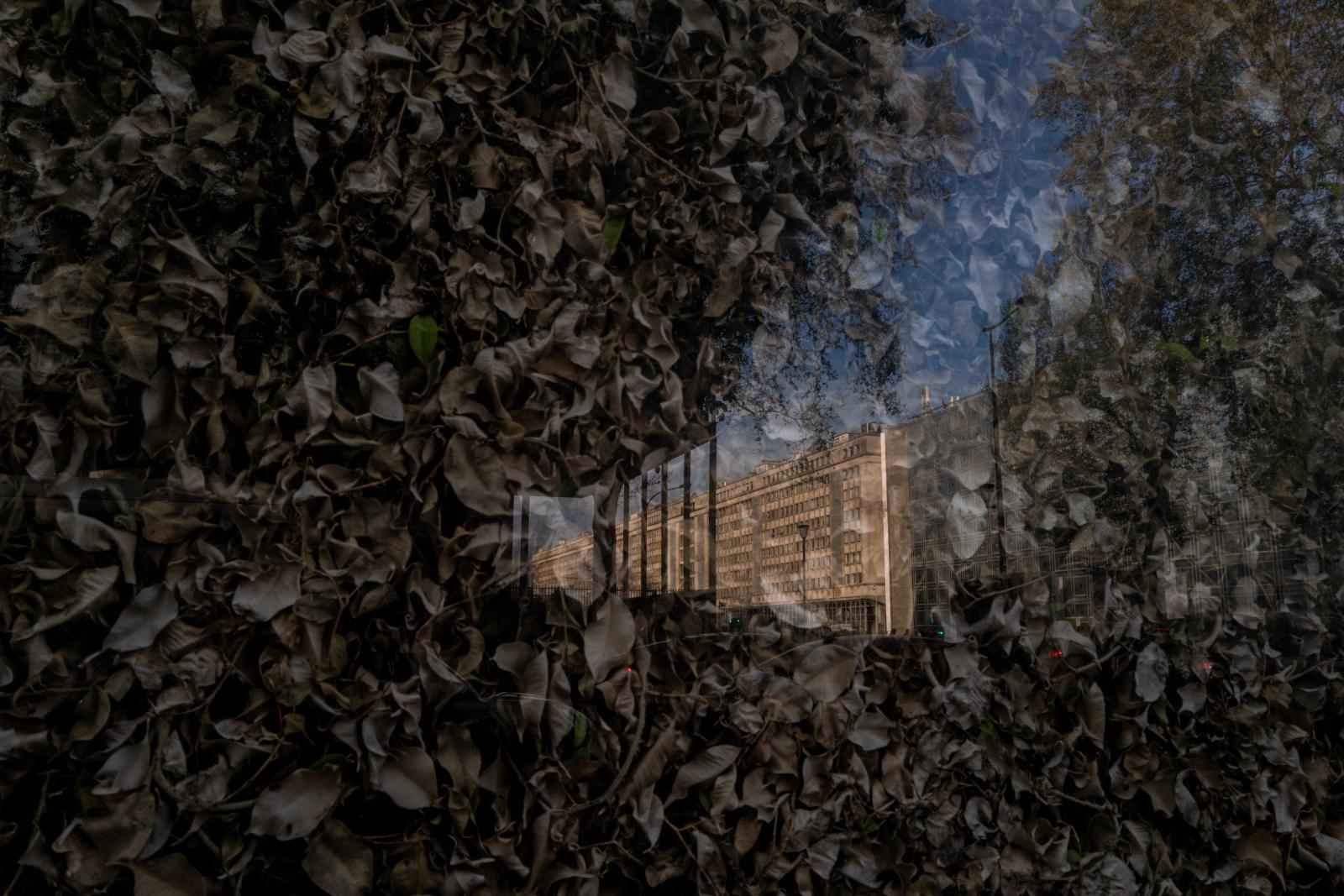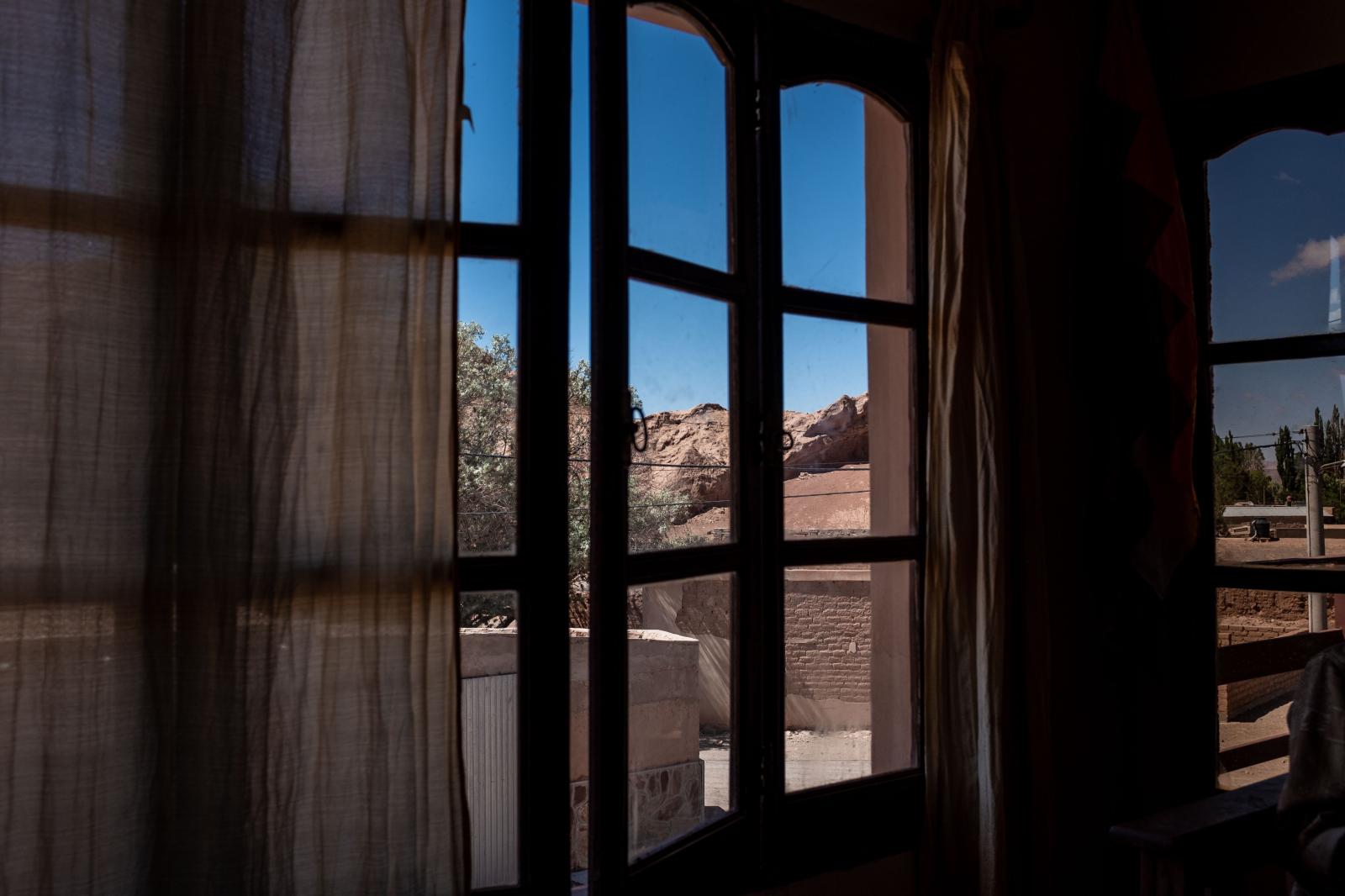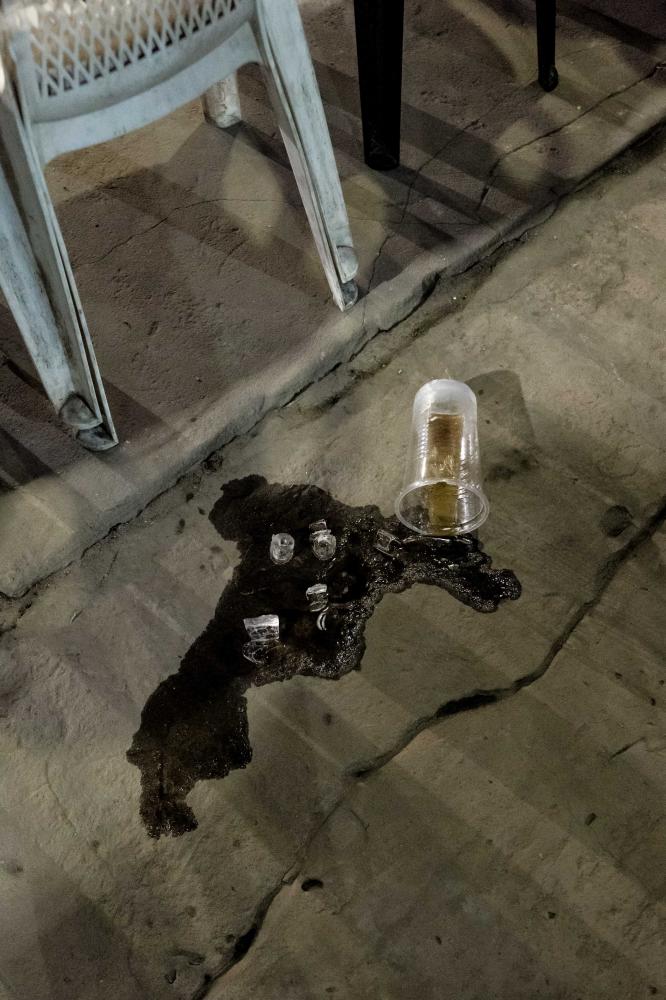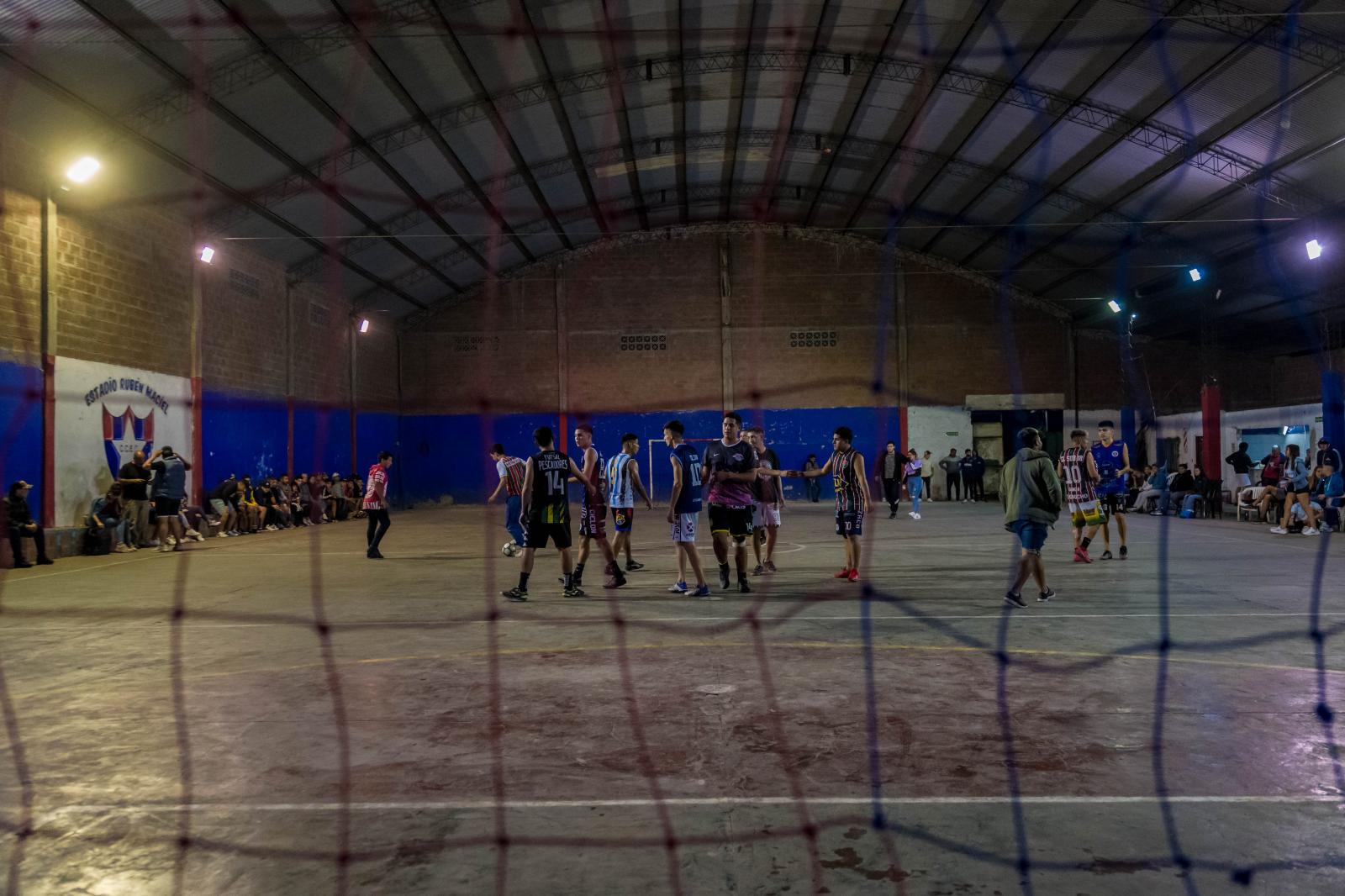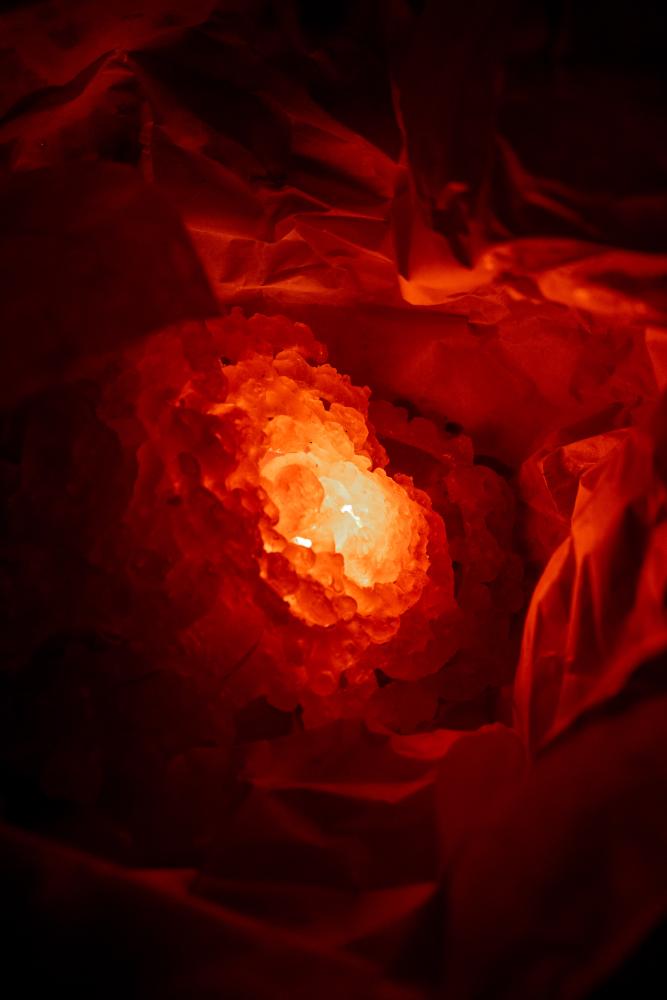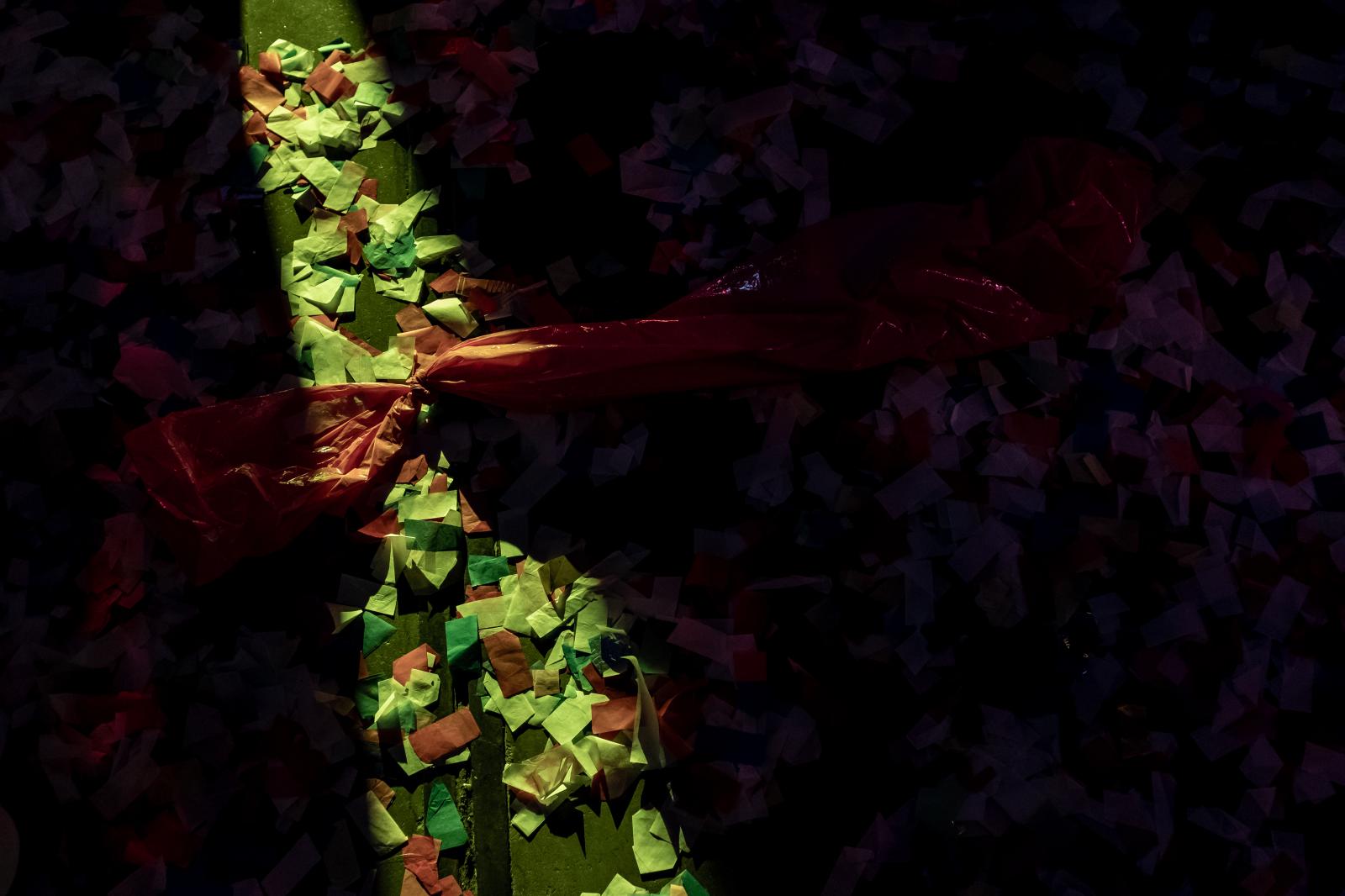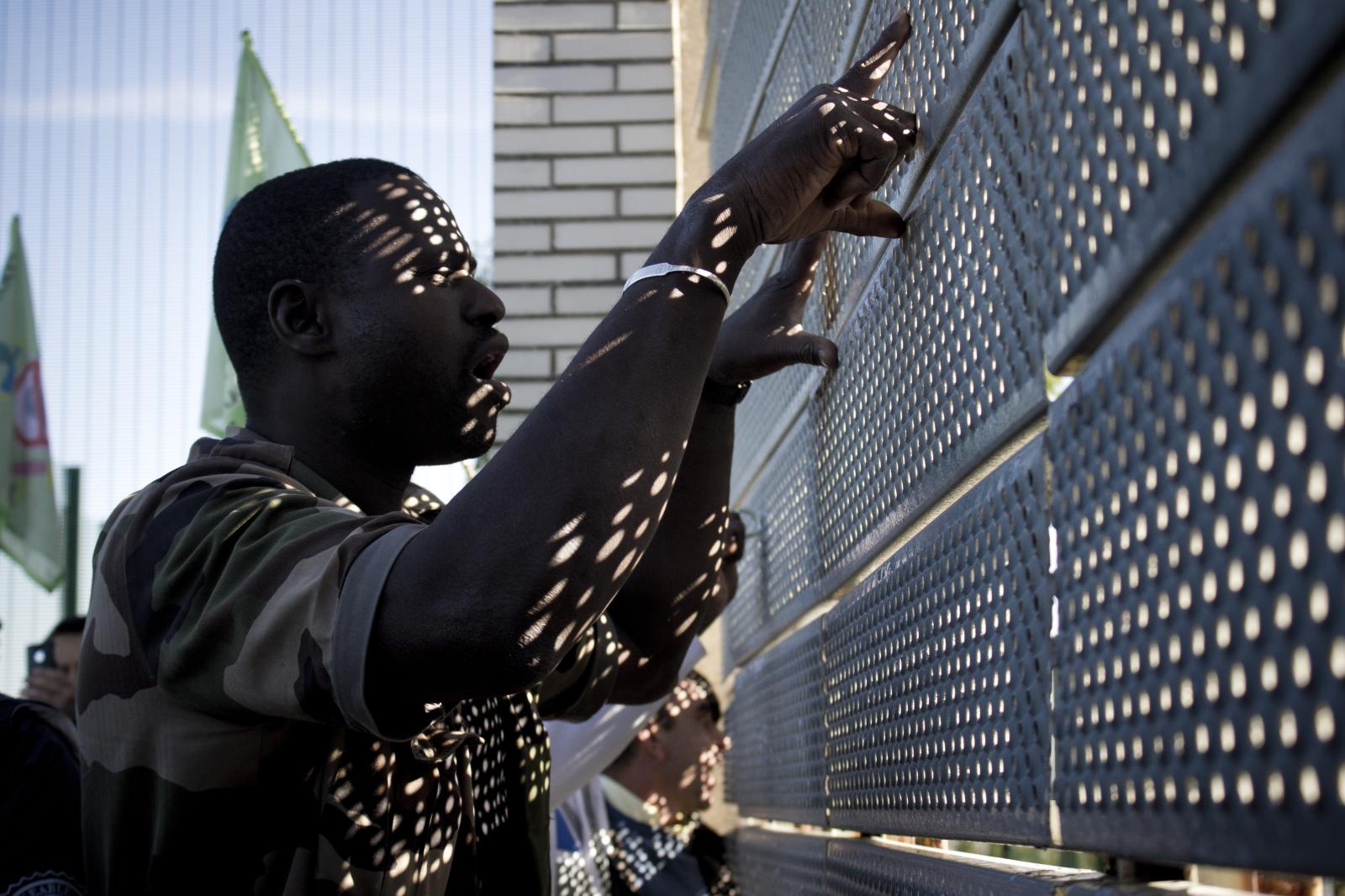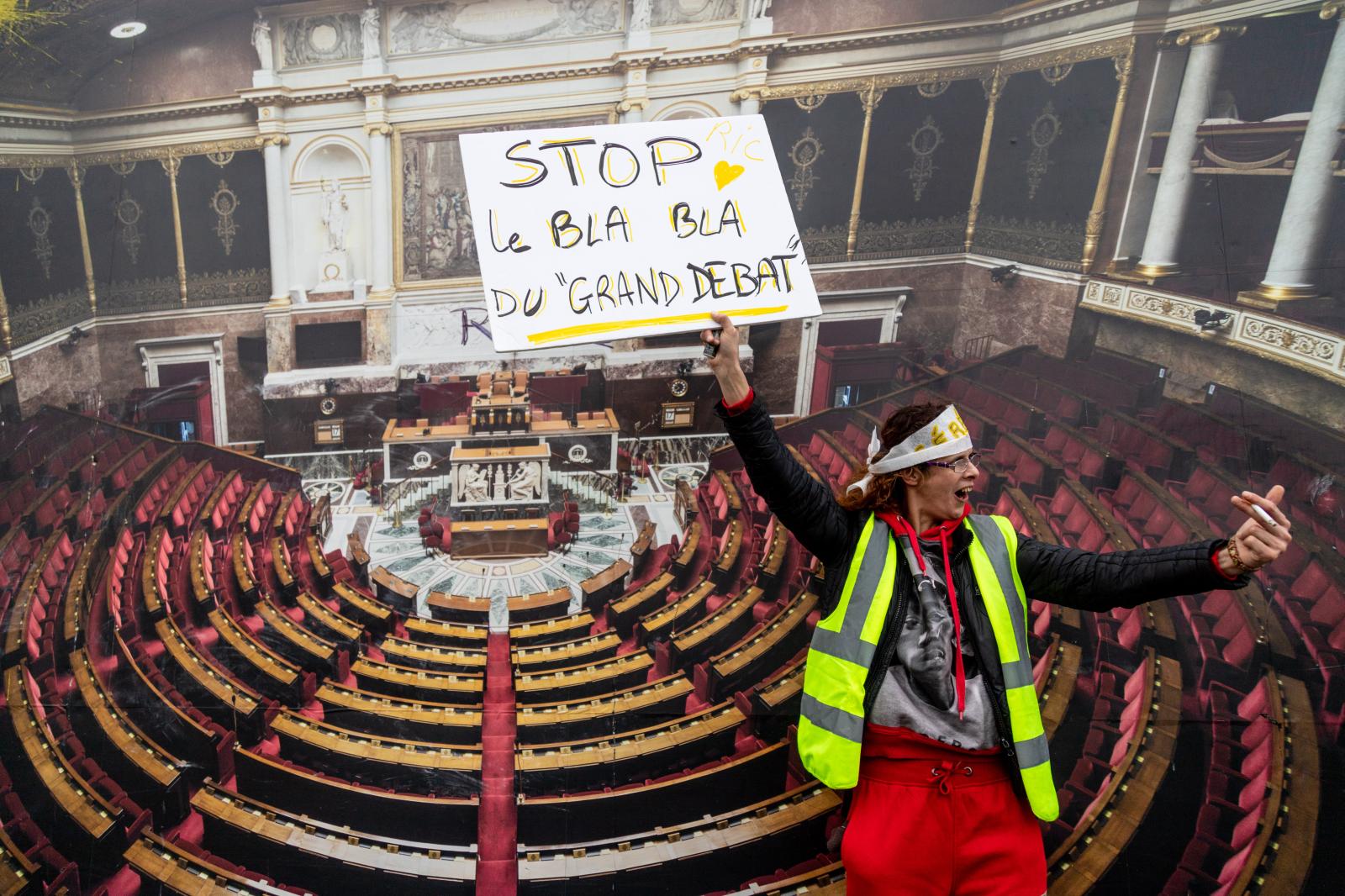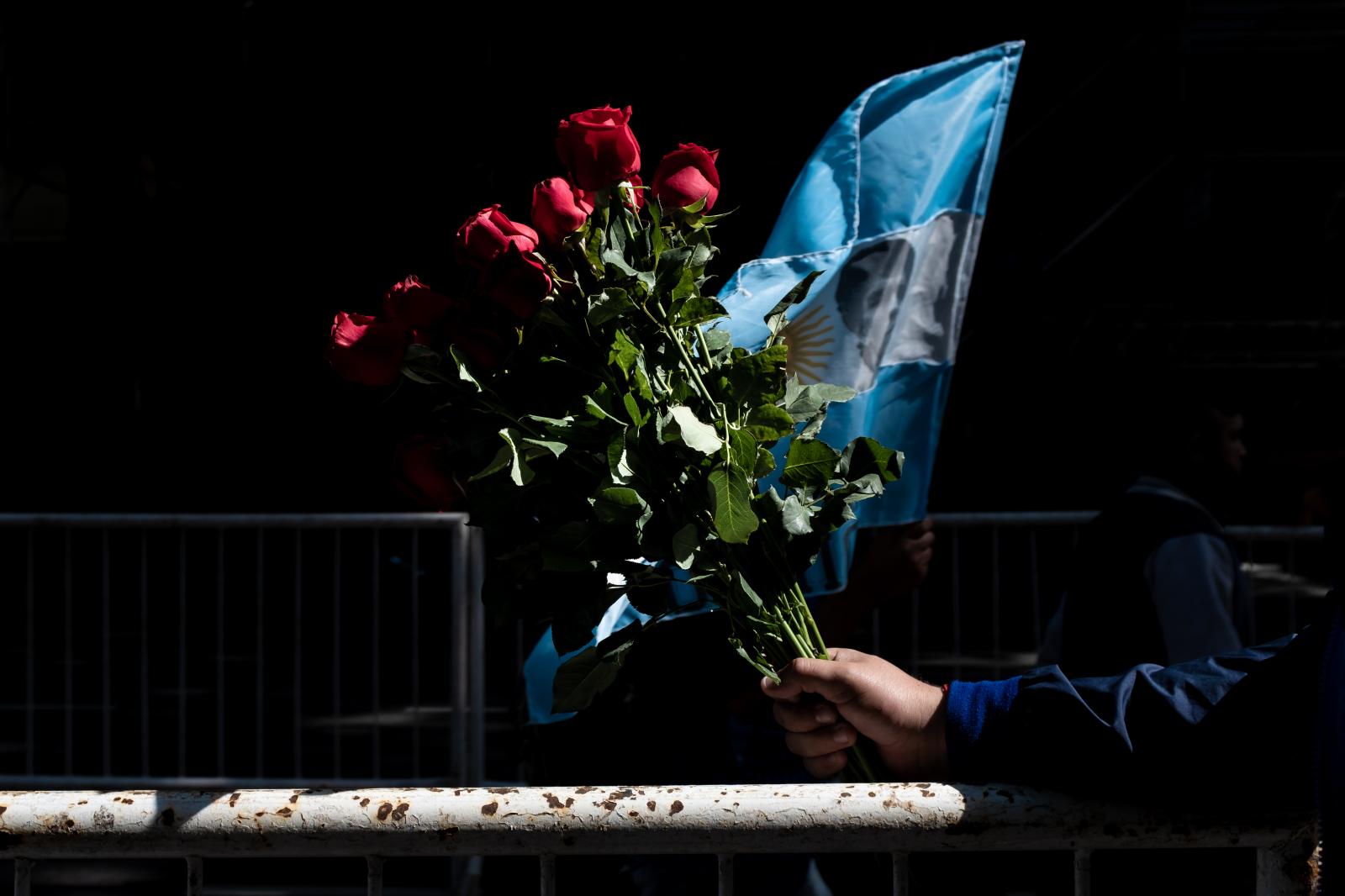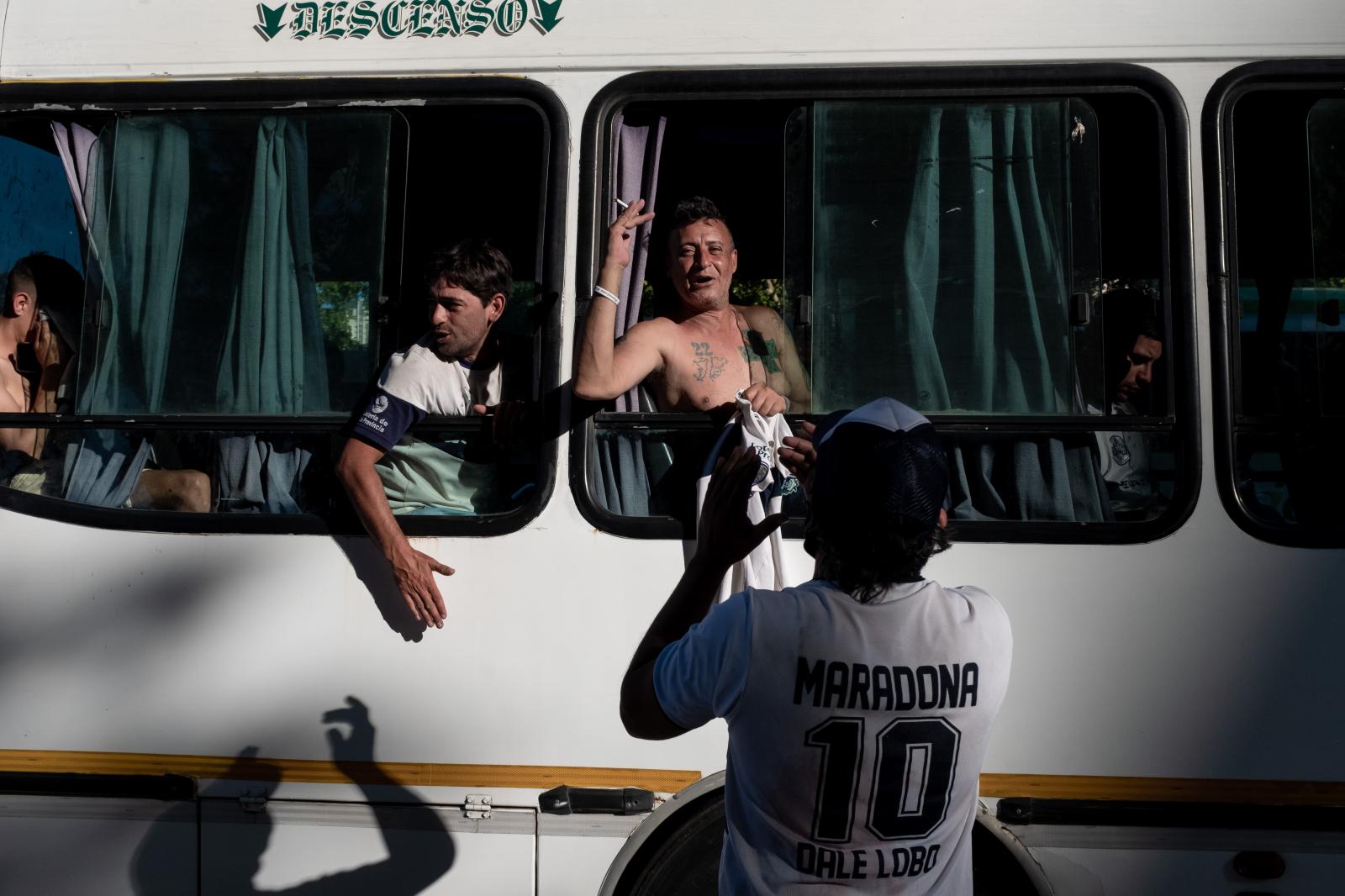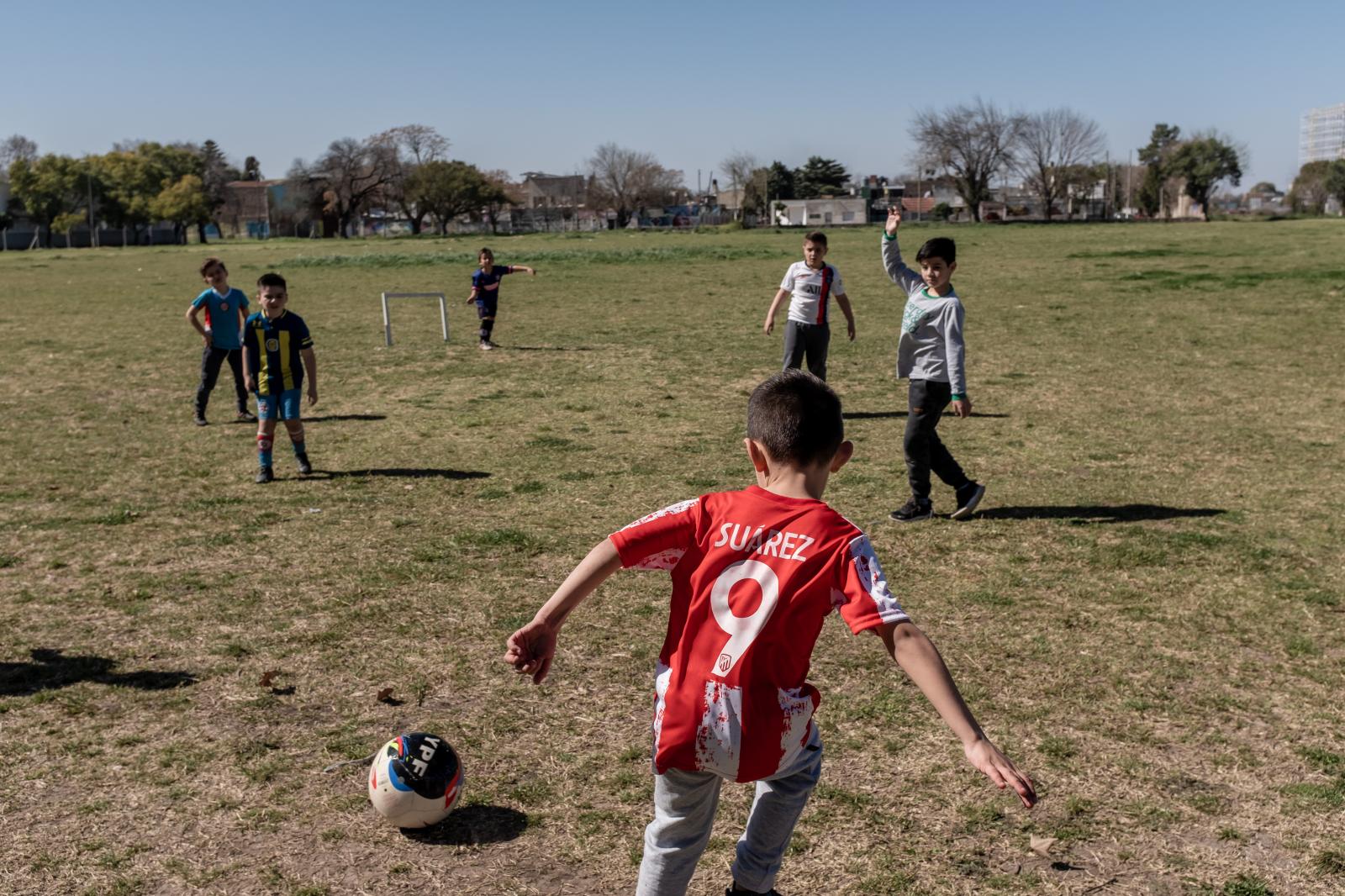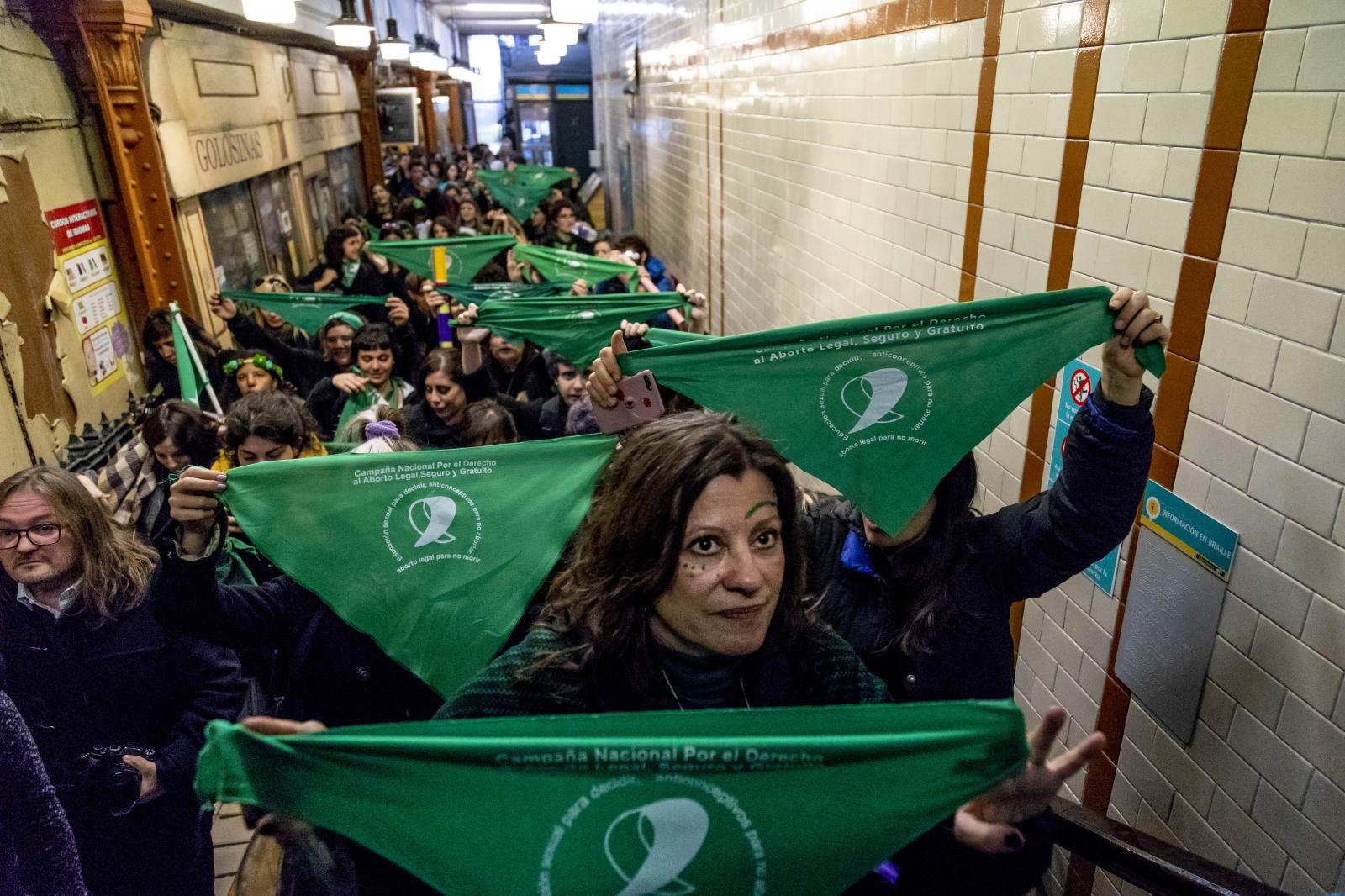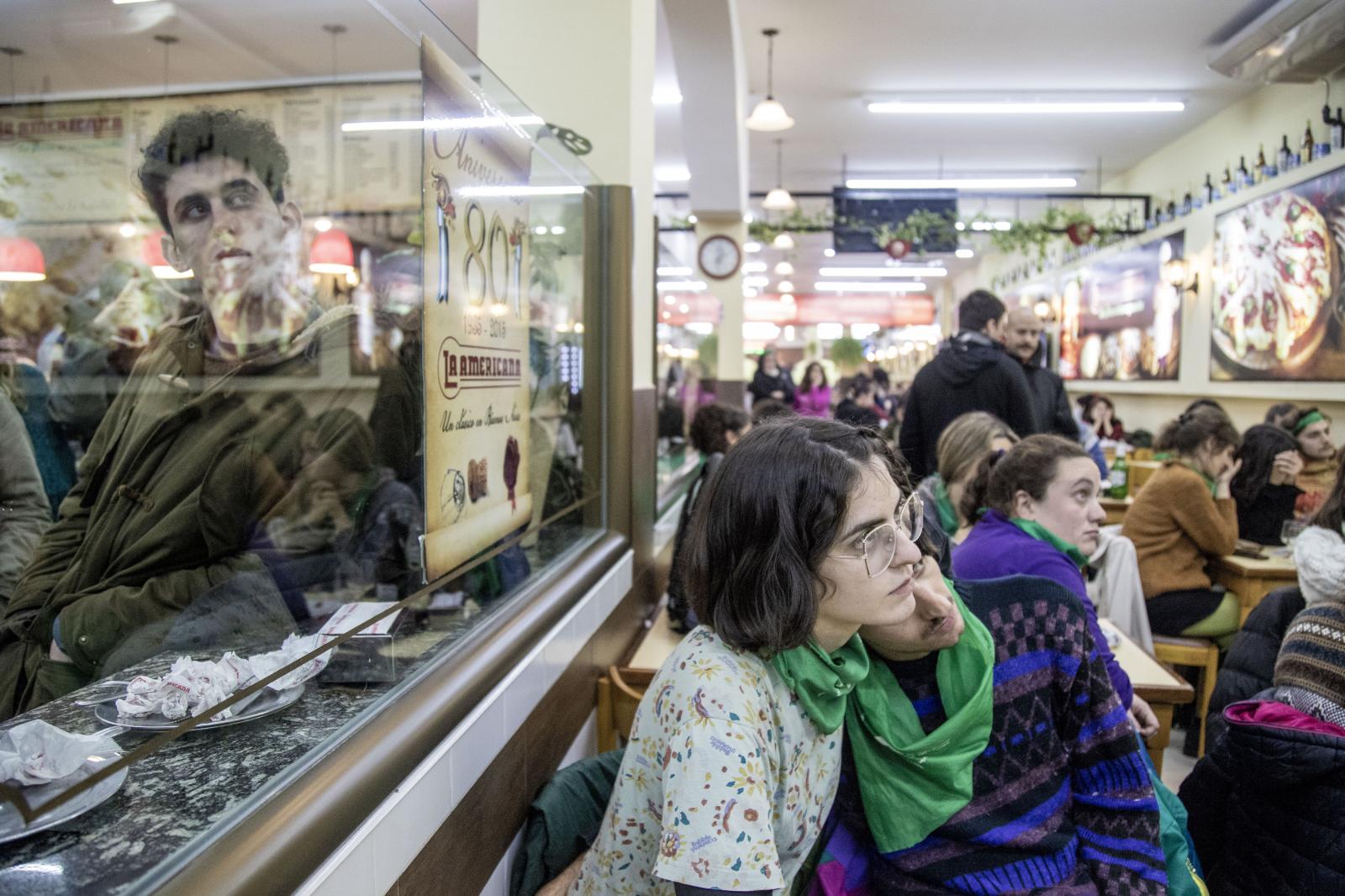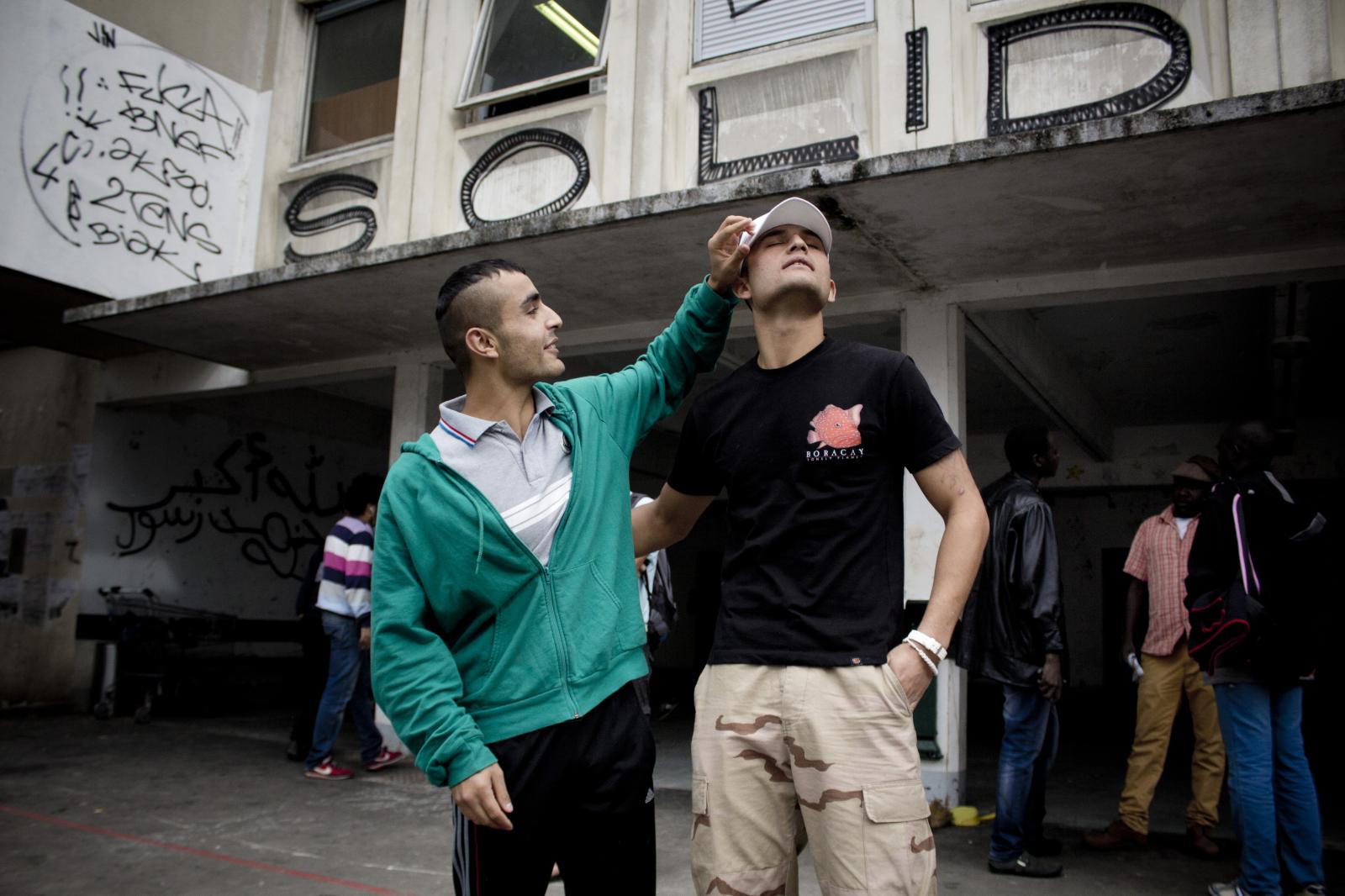No High Resolution File
Project includes:
Purchase a license
Editorial License
Rights Managed
Commercial License
Contact for prices
Request a special price or selection
Custom request
BUCHAREST, lost in translation
Project
Includes 24 images
Credit: Anita Pouchard Serra via Visura
Asset ID: VA38096
Caption: Not Available
Copyright: © Anita Pouchard Serra, 2025
Collection: Art Feature Travel
Location: bucharest
Topics: Art bucharest Capitalism Community Confrontation Dictatorship Documentary Dreams Editorial Essays Feature Hope Landscape Photography Photojournalism Street Travel
Asset ID: VA38096
Caption: Not Available
Copyright: © Anita Pouchard Serra, 2025
Collection: Art Feature Travel
Location: bucharest
Topics: Art bucharest Capitalism Community Confrontation Dictatorship Documentary Dreams Editorial Essays Feature Hope Landscape Photography Photojournalism Street Travel
Also by Anita Pouchard Serra —


























